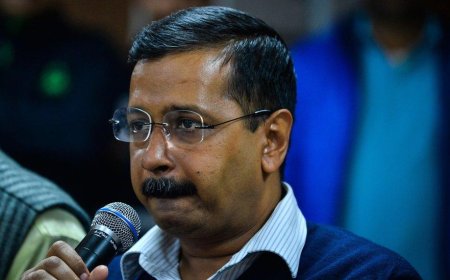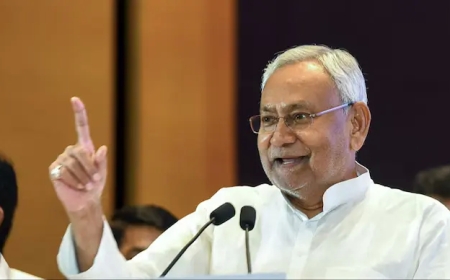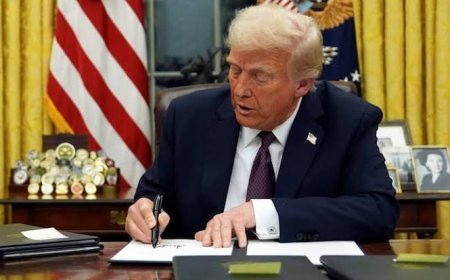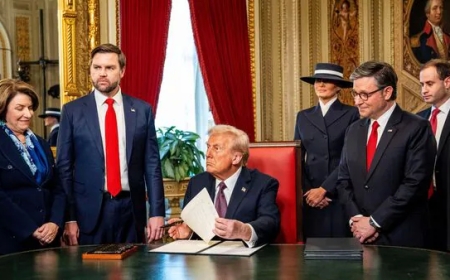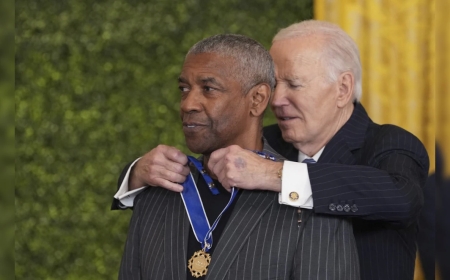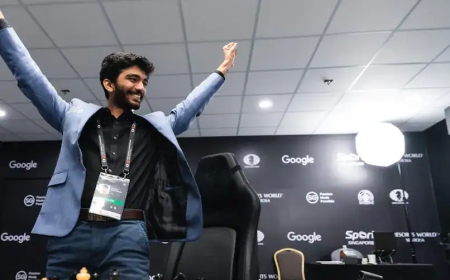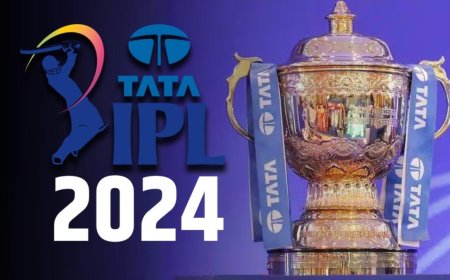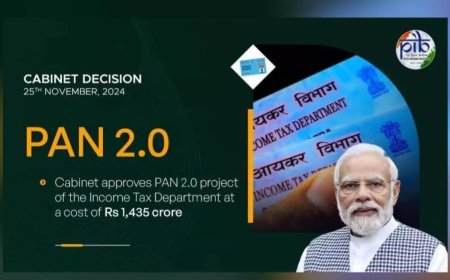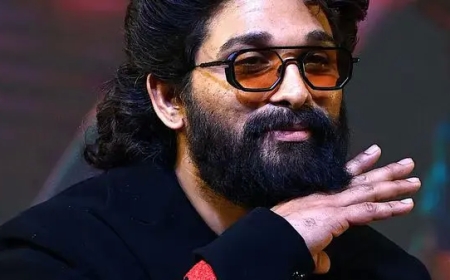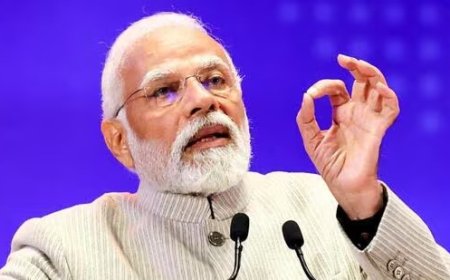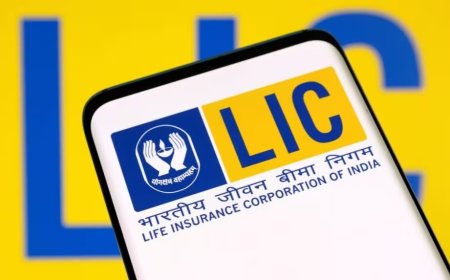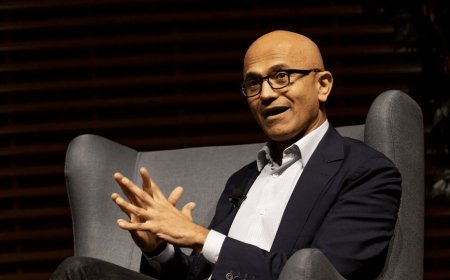NCLT Gives approval to Zee-Sony Merger
National Company Law Tribunal approves Zee-Sony merger amid objections, dismissing concerns over non-compete clause. Get insights into the merger's approval and related controversies

The National Company Law Tribunal (NCLT) has granted its approval for the merger between Zee Entertainment Enterprises Ltd. and Culver Max Entertainment Pvt., which is also known as Sony Pictures. The decision was conveyed during an oral pronouncement, where the bench dismissed all objections that had been raised. This verdict follows the court's reservation of its order on July 10.
The amalgamation of Zee and Sony was initially agreed upon in December 2021. After securing necessary approvals from entities like the NSE, BSE, SEBI, and the Competition Commission of India, the companies sought the tribunal's final endorsement for the merger.
The progression of the merger faced a temporary halt due to objections from various creditors of the Essel Group. The objections were centered around a non-compete clause included in the arrangement. This clause entailed that Essel Mauritius, an Essel Group entity, would receive Rs 1,100 crore as non-compete fees from SPE Mauritius, an entity under the Sony Group. This arrangement would then prevent Subhash Chandra from competing against the resulting merged entity.
Key creditors such as Axis Finance Ltd., JC Flowers Asset Reconstruction Co., IDBI Bank Ltd., IDBI Trusteeship Ltd., and Imax Corp. raised concerns over this clause. They argued that the clause was designed to deceive creditors and divert funds that ought to have been allocated to Chandra. These funds could have been instrumental in repaying the debts, especially since Chandra had personally guaranteed several of these debts. The objectors contended that this arrangement effectively deprived Chandra's creditors of any right to claim such a sum, as it was being directed to a third party.
Additionally, the NSE and BSE highlighted two SEBI orders related to Essel Group entities in conjunction with these objections. Notably, one of these orders was directed at Punit Goenka, the former CEO of Zee, disqualifying him from serving on company boards. This order was subsequently upheld by the Securities Appellate Tribunal, which then remanded it back to SEBI for further review.
The objectors underscored the significance of this order in the context of the merger, as a pivotal aspect of the scheme involved Goenka's appointment as the managing director of the merged entity. In response, Zee asserted that this provision was not pivotal and maintained that the merger should proceed unaffected by Goenka's disqualification.
What's Your Reaction?
 Like
0
Like
0
 Dislike
0
Dislike
0
 Love
0
Love
0
 Funny
0
Funny
0
 Angry
0
Angry
0
 Sad
0
Sad
0
 Wow
0
Wow
0

